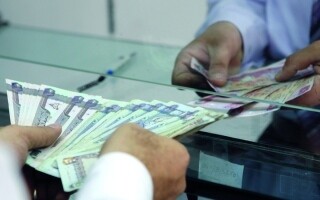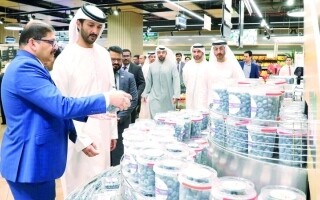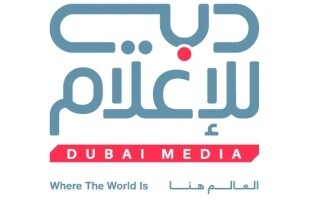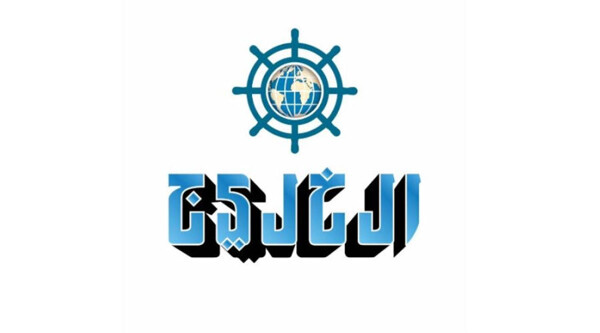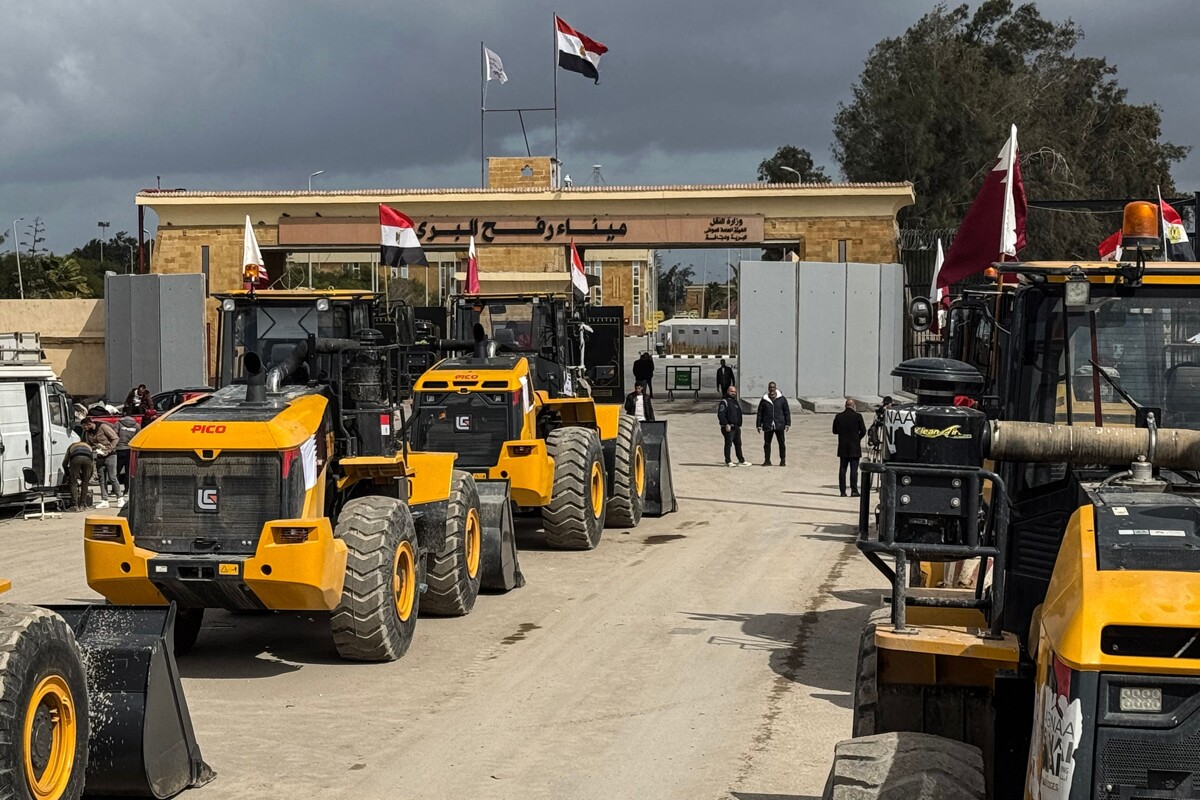
Ahmed Aboul Gheit, Secretary General of the League of Arab States, and Jasem Al Budaiwi, Secretary General of the Cooperation Council for the Arab States of the Gulf (GCC), stated that the proposal to 'resettle' or 'transfer' the residents of the Gaza sector is seen as 'unacceptable for Palestinians, Arab states, and the international community.' Their statements were made during the session 'Sustaining the Arab World' at the World Government Summit (WGS) 2025, which takes place in Dubai until February 13 under the theme 'Shaping the Future of Governance.'
Aboul Gheit stressed that the ongoing pressure from U.S. President Donald Trump on the residents of the Gaza sector and Arab states may bring the Middle East into a new cycle of conflict, intertwining the resolution of the conflict and the search for a two-state solution. He stated that the Arab Peace Initiative, advocating for Palestinian statehood in exchange for peace with Israel, will be presented at the upcoming extraordinary Arab summit in Cairo on February 27.
Al Budaiwi echoed the Arab and international rejection of the 'Trump deal' for Gaza, emphasizing that it cannot lead to the relocation of Palestinians. He called for a renewed presentation of the Arab Peace Initiative and new means of mobility support from the West.
Speaking about relations between the Gulf and the U.S., Al Budaiwi noted that any decision cannot be imposed by force and raised the important question of how the Arab world should respond to the situation.
This summit, which began on February 11 in Dubai, gathers more than 30 heads of state and governments, more than 80 international and regional organizations, and 140 government delegations.
The summit will also publicize 30 strategic reports in partnership with its international partners. Under the theme 'Shaping the Future of Governance,' the summit will run until February 13, including a global forum exploring key future trends and transformations, more than 200 interactive sessions featuring over 300 distinguished speakers—including presidents, ministers, experts, thinkers, and decision-makers—and more than 30 ministerial meetings and roundtables, attended by more than 400 ministers.











